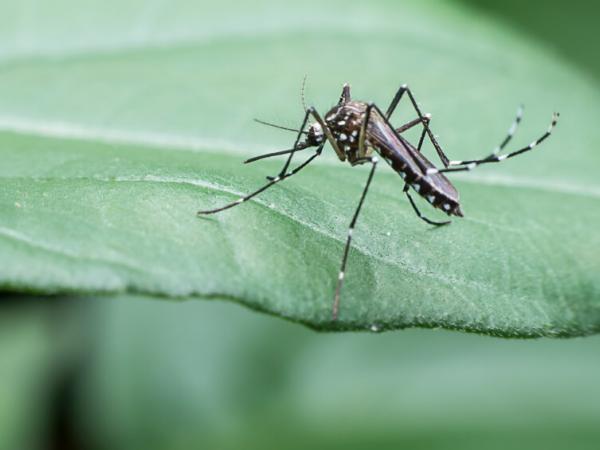
Date: 18 May 2016
Industry representatives suggested products and generated ideas to screen windows and doors in Puerto Rican homes to reduce exposure to mosquitoes - carriers of the untreatable Zika Virus.This urgent public safety issue was discussed in a forum hosted by AAMA, to help generate possible solutions.
The CDC has specifically worked in the territory testing ways to mosquito proof homes of pregnant women (who are at especially high risk of birth defects if infected). Unfortunately, a pilot program that provided window screening "Do-it-Yourself" kits for installation on existing homes was met with little success. The top three challenges faced included:
* Unique and non-standard windows across housing units in Puerto Rico - one size fits all solutions do not work.
* Jalousie style windows are common and there is often insufficient room in existing window boxes to install screens and still allow windows to open.
* Building materials such as concrete block and stucco make it difficult to attach screens to window frames and buildings. Velcro, staples and duct tape were tested, but were not successful.
Possible workarounds and solutions for short-term screening on these homes, many of which are rental units, were proposed. The typical windows in Puerto Rico are jalousies with interior crank handles and shallow sill depth, which makes it difficult to apply screens. Therefore, future installation kits sent to Puerto Rico, and later to other impacted areas, must take into account the following:
* Ease of installation
* Being visually acceptable
* Withstanding high humidity and the rainy season
* Allowing for unrestricted natural light and airflow in the house
The CDC welcomes any ideas from AAMA members and others in the industry, particularly in regards to products that may currently exist, or may quickly be developed, to help provide screening on windows and doors of existing homes in Puerto Rico (and potentially other territories with mosquito-borne Zika transmission, such as U.S. Virgin Islands and American Samoa.)
For those who were unable to attend the industry forum, suggestions may be sent directly to the CDC at eocevent290@cdc.gov.
For more information about AAMA and its activities, visit the AAMA Media Relations page or the AAMA website, http://www.aamanet.org.
* About Zika Virus *
Zika virus disease (Zika) is a disease caused by the Zika virus. Symptoms are usually mild, however Zika virus infection during pregnancy can cause a serious birth defect called microcephaly, as well as other severe fetal brain defects. Zika is spread to people primarily through the bite of an infected Aedes species mosquito. These mosquitoes are:
* Aggressive daytime biters, but can also bite at night
* Prefer to bite people
* Live indoors and outdoors
Puerto Rico reported its first locally acquired Zika case in Dec. 2015. As of May 4, 2016, more than 650 Zika cases were reported, and the number is expected to increase substantially. Approximately, 34,000 babies are born each year in Puerto Rico, and thousands of expectant mothers are at risk for infection now and in the upcoming hot, rainy season.
There are no vaccines or medications to prevent or treat Zika. Efforts to prevent mosquito bites are key to helping prevent the spread of Zika. CDC's Zika prevention efforts in Puerto Rico include working to keep mosquitoes out of pregnant women's homes. The CDC is seeking a coordinated effort of public and private organizations and individuals coming together to help solve this epidemic.
More information on Zika is available on CDC’s website at http://www.cdc.gov/zika/.
 600450
600450


















Add new comment